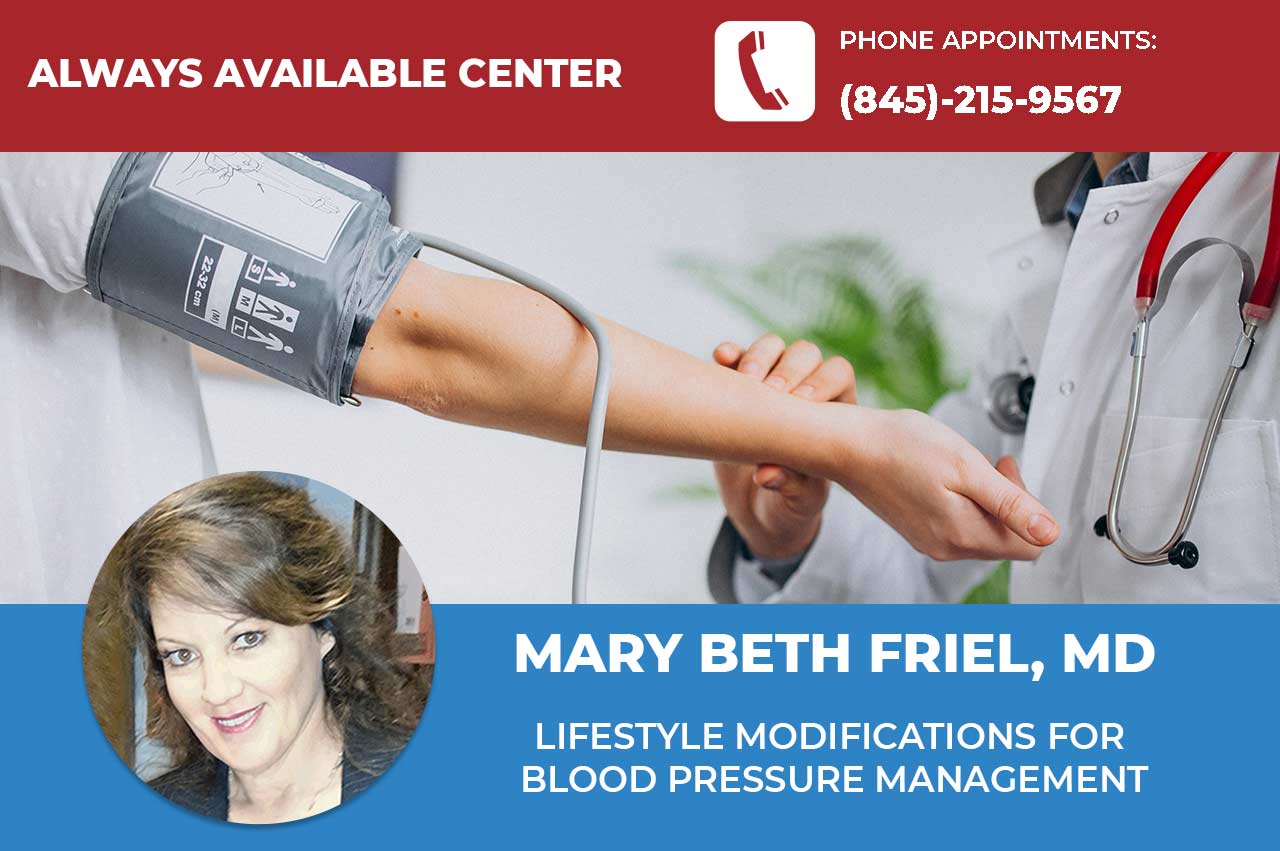High Blood Pressure: The Silent Threat
High blood pressure, or hypertension, often lurks in the shadows, earning its nickname as the “silent killer.” Initially devoid of noticeable symptoms, it stealthily undermines health until complications arise. However, there are subtle warning signs that warrant attention:
Headaches: Persistent headaches may signal elevated blood pressure levels.
Fatigue and Dizziness: Feeling constantly tired or experiencing dizziness can be indicative of hypertension.
Chest Pain: Unexplained chest discomfort should prompt a blood pressure check.
Vision Disturbances: Blurred or impaired vision can be linked to high blood pressure.
Shortness of Breath: Difficulty breathing may signify hypertension-related complications.
While these symptoms aren’t exclusive to high blood pressure, they serve as red flags, urging individuals to monitor their blood pressure regularly.
Monitoring High Blood Pressure
A blood pressure reading exceeding 140/90 warrants attention and necessitates consultation with a medical professional. Regular monitoring is imperative to catch hypertension early and prevent associated risks.
Lifestyle Modifications for Blood Pressure Management
Dr. Mary Beth Friel emphasizes proactive lifestyle adjustments to promote optimal blood pressure regulation:
- Get rid of excess weight: Blood pressure can decrease by about 1 mm Hg with each pound lost.
- Exercise regularly: Aim for at least 30 minutes of moderate physical activity every day.
- Eat healthy: A diet rich in whole grains, fruits, vegetables, low-fat dairy products, and low in saturated fat and cholesterol can reduce high blood pressure by up to 11 mm Hg.
- Reduce your salt (sodium) intake: Even a small reduction in dietary sodium can improve heart health and lower blood pressure. In general, you should not exceed 2,300 mg of salt per day, with 1,500 mg being ideal.
- Limit alcohol consumption: Keep your alcohol intake to less than one drink per day for women or two drinks per day for men.
- Put away the cigarettes: Quitting smoking helps lower blood pressure, reduces the risk of heart disease, and improves overall health.
- Sleep well: Poor sleep quality and sleeping less than six hours each night can contribute to hypertension.
- Reduce stress: Long-term (chronic) emotional stress contributes to high blood pressure. Avoid stress triggers, learn to say “no,” solve problems, and make time to relax.
- Monitor your blood pressure at home and check yourself regularly: Home blood pressure monitors are available without a prescription. Consult with your doctor about how often you should measure your blood pressure at home.
The best tea for high blood pressure:
Some of the best teas recommended for people with high blood pressure are chamomile, lavender, rose, and hibiscus. These teas are known for their ability to lower blood pressure and improve heart health.
Foods to lower blood pressure:
A heart-healthy diet is recommended for all people with high blood pressure, including those taking blood pressure medication. Research has shown that including certain foods in your diet, especially those rich in specific nutrients such as potassium and magnesium, lowers blood pressure levels.
- Citrus fruits: grapefruit, oranges, lemons
- Salmon and other fatty fish
- Swiss chard
- Pumpkin seeds
- Beans and lentils
- Berries
- Amaranth and other whole grains
- Pistachios
- Carrots
- Celery
- Tomatoes and tomato products
- Broccoli
- Greek yogurt
- Certain herbs and spices: saffron, lemongrass, black cumin, ginseng, cinnamon, cardamom, basil, ginger, etc.
- Chia and flax seeds
- Beetroot and beetroot juice
- Spinach
Managing high blood pressure is a lifelong endeavor. It requires consistent adherence to lifestyle modifications, along with any prescribed medications, to mitigate risks and promote overall well-being.
“In my experience, understanding the intricacies of high blood pressure and recognizing its warning signs can truly empower individuals to make proactive choices for their well-being.
Through regular monitoring, lifestyle modifications, and the guidance of medical professionals, patients can lay a solid foundation for managing hypertension effectively.” – Dr. Mary Beth Friel

By Dr. Mary Beth Friel, these insights aim to arm readers with the knowledge needed to combat the silent threat of high blood pressure and safeguard long-term health.
Do you think you might have high blood pressure? Visit our medical center for a blood pressure reading without the long wait!

